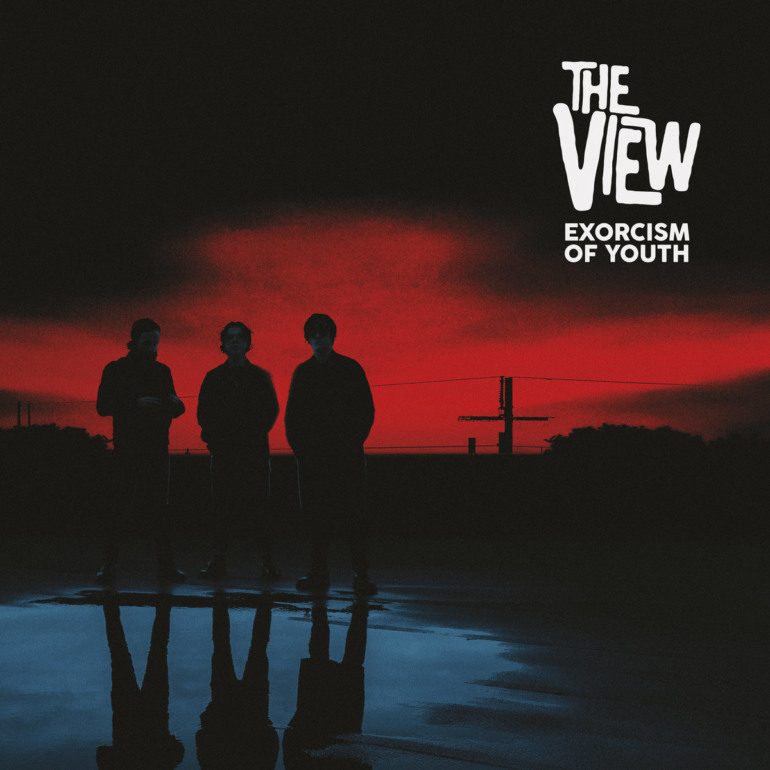

Indie with a classic rock edge
Good things come to those who wait: Scottish indie band The View has finally emerged from their years-long hiatus and they have quite the album to show for it. The View – originally formed as a classic punk cover band – has remarkable control over their sound, with a satisfying balance of messy energy and cool melodic control. This is accentuated by the group’s team-up with Grammy-winning producer Youth, referenced in the album’s title, Exorcism of Youth. While not every song on the album is a winner, The View’s newest release sounds undeniably good.
To a less-careful listener, it would be easy to claim that there’s nothing special about The View’s sound. True, they’re hardly an experimental group; hook-driven and upbeat, songs like “Feels Like” and “The Wonder Of It All” soar into catchy, clap-along choruses, the entire band serving as backup singers and making listeners wish they could join in, even on first listen. The instrumentation is also fairly conventional; the bright-toned guitar with a jangly punk edge is almost reminiscent of bands like Neutral Milk Hotel, a tried-and-true indie sound. What sets The View apart, however, are their added flairs. The band knows how to pull the threads of their music without unraveling it into something unapproachable or abrasive. From the darker, punky interludes in “Exorcism Of Youth,” to the melody line weaving its way between eerie and optimistic in “Allergic To Mornings,” to the vampiric organ backing on “Shovel In His Hand,” The View is playful enough to avoid sounding generic. On top of its punk influences, The View also takes sonically from ’70s classic rock – you can hear it in the anthemic choruses and big, fade-out endings, but more than anything in the frequent guitar solos. Carrying listeners through “The Wonder Of It All” and “Woman Of The Year” with a satisfying crunch of distortion, The View’s solos beg the question: why don’t more indie bands include guitar solos in their music? The View certainly benefits from them, slipped perfectly into the songs and giving them a needed edge and a twist of fun.
The album’s strongest songs were its most classic, telling authentic, personal stories of romance and insecurity. The nature of The View’s lyrics put the band at times in pop-punk territory, with punchy songs like “Dixie” sounding almost like Fall Out Boy with indie instrumentation. The View can get away with camp if they keep within this mold – songs like “Black Mirror” and parts of “The Wonder Of It All” have a cheesy, ’70s romance ballad sound, complete with high pitched disco-era violin effects. There’s an overblown sense of romance and drama, but schmaltz comes off as playful rather than melodramatic, an homage to earlier music of the genre. However, trying for camp is less effective when the band experiments with subject matter. “Arctic Sun” recounts an epic fantasy storyline, with Lord Huron-adjacent harmonica and a folky, celtic melody line. The effort is valiant, but the result is less folksy than silly. The lyrics are too concrete and too often repeat, like a poor attempt at trying to write a Decemberists song. This isn’t helped by singer Kyle Falconer’s accent; while the thick, Scottish drawl can add grit to punkier songs, it can sound affected on songs that are trying for an air of drama.
Even after their hiatus, The View clearly has a strong grasp on their sound. Melodic, anthemic, and upbeat, Exorcism of Youth is an album that sounds good on the first listen and even better once familiar. If you’re looking for some fun new indie, give The View a warm welcome back to the scene and stream Exorcism of Youth.
